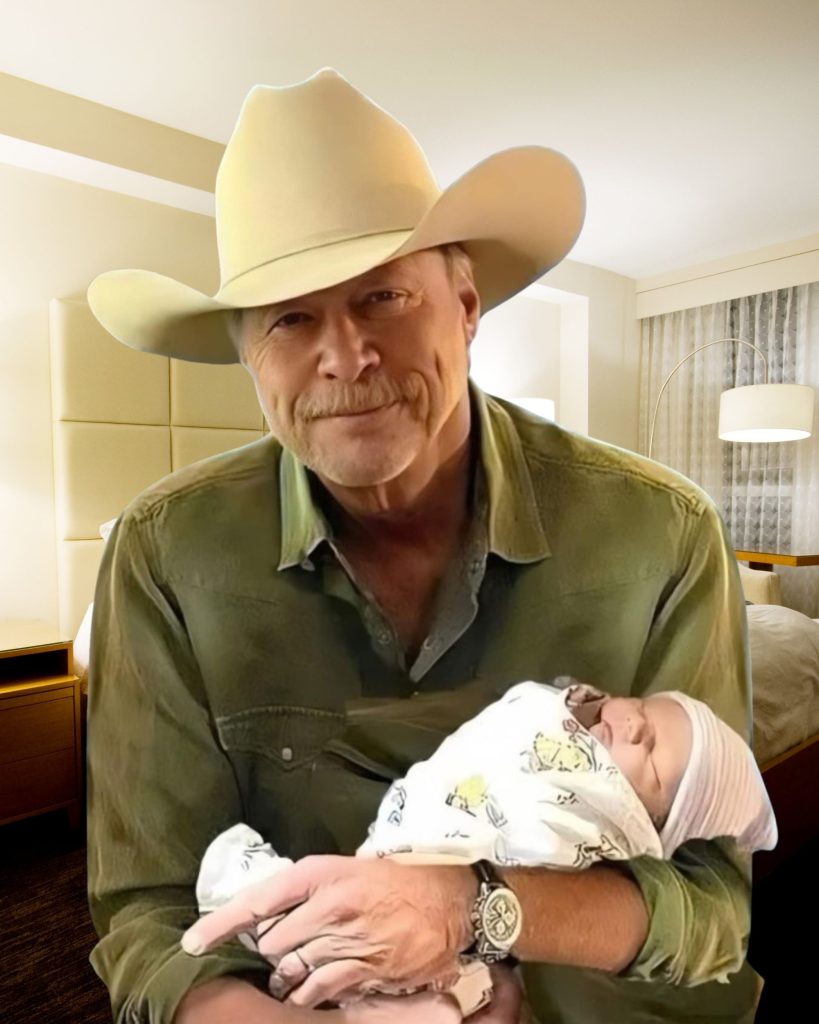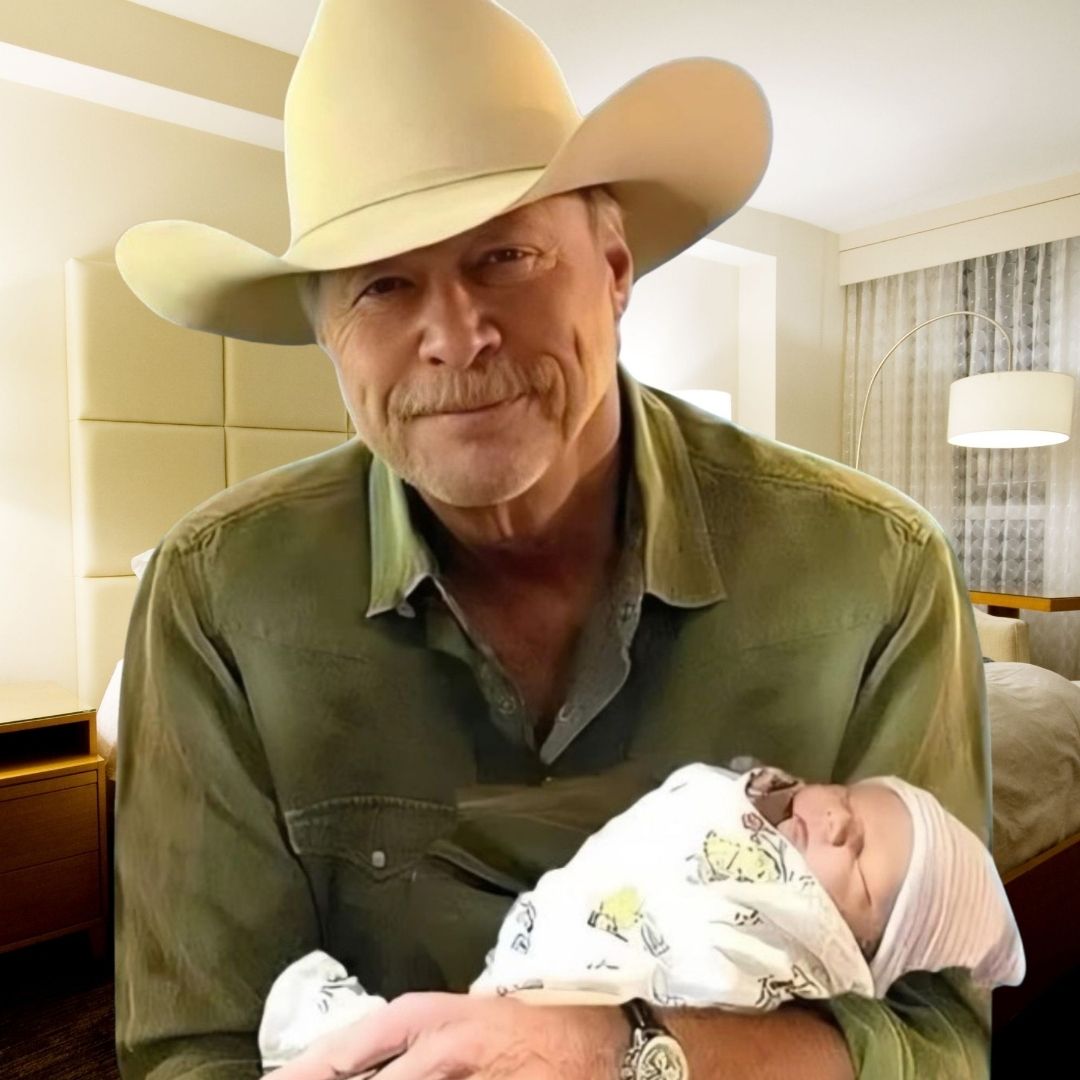
Introduction
Growing up in a small town, I remember summer evenings when my dad would play Alan Jackson’s Don’t Rock the Jukebox on our old stereo, the twang of steel guitars filling the air. One song always stood out: “Dallas.” Its simple yet poignant story of a man yearning for a lost love named Dallas, set against the vastness of Texas, felt like a snapshot of heartache. It wasn’t just a song—it was a feeling, one that captured the ache of distance and the pull of home. Let’s dive into the story and sound of this country classic.
About The Composition
- Title: Dallas
- Composer: Alan Jackson and Keith Stegall
- Premiere Date: December 1991 (released as a single)
- Album/Opus/Collection: Don’t Rock the Jukebox
- Genre: Country (Neotraditional)
Background
According to the Wikipedia entry, “Dallas” was born from a moment of inspiration after Alan Jackson performed at Billy Bob’s in Fort Worth, Texas. Exhausted from the road, he quipped that he “wished Dallas was in Tennessee,” a sentiment that sparked the song’s creation. Co-written with producer Keith Stegall, the track was released in December 1991 as the third single from Jackson’s second album, Don’t Rock the Jukebox. The early 1990s were a golden era for country music, with artists like Jackson championing a neotraditional sound that honored the genre’s roots while appealing to modern audiences. “Dallas” hit number one on both the Billboard Hot Country Singles & Tracks chart and the Canadian RPM Country Tracks chart, cementing Jackson’s status as a rising star.
The song’s inception reflects Jackson’s knack for turning everyday moments into universal stories. Its significance lies in its emotional authenticity, resonating with listeners who’ve ever felt torn between love and place. As part of Don’t Rock the Jukebox, which produced four number-one hits, “Dallas” showcased Jackson’s ability to blend heartfelt storytelling with accessible melodies, solidifying his place in country music’s pantheon.
Musical Style
“Dallas” is a quintessential neotraditional country song, defined by its clean structure and classic instrumentation. The track features a steady, mid-tempo rhythm driven by acoustic guitar, with a generous dose of pedal steel that adds a mournful, yearning quality. The arrangement is sparse yet effective, allowing Jackson’s smooth, warm vocals to take center stage. The song follows a traditional verse-chorus structure, with each verse building the narrator’s emotional plea.
The pedal steel, in particular, stands out as a defining element, weaving through the melody like a sigh, amplifying the song’s sense of longing. Jackson’s vocal delivery is understated but powerful, conveying vulnerability without overstatement. These elements combine to create a track that feels both timeless and immediate, evoking the wide-open spaces of Texas and the intimacy of personal loss.
Lyrics
The lyrics of “Dallas” tell the story of a man whose lover, named Dallas, has left him for the city of Dallas, Texas. He laments, “Dallas packed her suitcase / And drove off in the brand-new car I bought her,” a line that captures both betrayal and sacrifice. The chorus expresses his wish that “Dallas was in Tennessee,” a clever double entendre referring to both the city and the woman. The theme of distance—geographic and emotional—runs deep, with the narrator grappling with how to move forward when his heart is tethered to someone far away.
The lyrics’ simplicity is their strength, mirroring the directness of country storytelling. They paint a vivid picture of love lost to ambition or circumstance, a narrative that resonates universally. The interplay between the lyrics and the mournful pedal steel enhances the song’s emotional weight, making the listener feel the narrator’s ache.
Performance History
As a chart-topping single, “Dallas” was a staple of Alan Jackson’s live performances in the 1990s, often met with enthusiastic sing-alongs from fans. While specific performances aren’t detailed in the Wikipedia entry, the song’s success on country radio suggests it was a crowd favorite during Jackson’s tours supporting Don’t Rock the Jukebox. Its enduring popularity is evident in its inclusion on Jackson’s 1995 The Greatest Hits Collection, a testament to its staying power.
Over time, “Dallas” has remained a beloved track in Jackson’s catalog, frequently cited by fans for its relatable story and emotional depth. Its straightforward production and universal themes have kept it relevant in country music circles, even as the genre has evolved.
Cultural Impact
“Dallas” tapped into the early 1990s resurgence of traditional country sounds, influencing a generation of artists who sought to preserve the genre’s roots. Its narrative of love and place resonated beyond music, reflecting the American experience of balancing personal ties with the pull of opportunity. While not explicitly used in film or TV (based on available information), the song’s evocative imagery—suitcases, open roads, and distant cities—echoes themes found in countless road movies and stories of heartbreak.
The song also contributed to Alan Jackson’s image as a storyteller for the everyman, reinforcing country music’s role as a voice for working-class emotions. Its focus on a specific place (Dallas, Texas) added to the cultural tapestry of country music, where geography often shapes identity.
Legacy
More than three decades after its release, “Dallas” remains a touchstone for fans of neotraditional country. Its enduring relevance lies in its universal themes—love, loss, and the longing for connection—which transcend time and genre. For Alan Jackson, the song is a cornerstone of his early career, showcasing his ability to craft stories that feel deeply personal yet widely relatable. Today, it continues to move audiences, whether heard on classic country radio or rediscovered by new listeners exploring Jackson’s catalog.
As country music navigates modern trends, “Dallas” stands as a reminder of the genre’s storytelling power, proving that a simple song can capture complex emotions. Its legacy is in its ability to make us feel the weight of a name, a place, and a memory.
Conclusion
“Dallas” is more than a country hit—it’s a piece of my own history, a song that reminds me of quiet nights and shared stories. Its beauty lies in its honesty, in how it turns a fleeting wish into a universal cry. I encourage you to listen to it with fresh ears, perhaps through Jackson’s The Greatest Hits Collection or a live performance on YouTube, where his easy charisma shines. Let the pedal steel pull you in, and let the story of Dallas linger. What places and people do you wish were closer to home?
Video
Lyrics
Dallas packed her suitcase
And drove off in the brand new car I bought her
She made leaving me look easy
I wish she’d made it look a little harder
I took her out of Texas
When she was just a girl
But old Tennessee and me
Couldn’t take Texas out of her
On how I wish Dallas was in Tennessee
If I could move Texas east
Then she’d be here with me
Then nothin’ else would come between the two of us
If Dallas was in Tennessee
By now she’s leaving Memphis
And everything we had behind her
Lord I hope the gold band on her hand
Will serve as a reminder
That true love is a treasure
That’s very seldom found
But you can’t stay together if there’s no common ground
Oh, how I wish Dallas was in Tennessee
If I could move Texas east
Then she’d be here with me
Then nothin’ else would come between the two of us
If Dallas was in Tennessee
Oh, if Dallas was in Tennessee
Dallas packed her suitcase
And drove off in the brand new car I bought her
